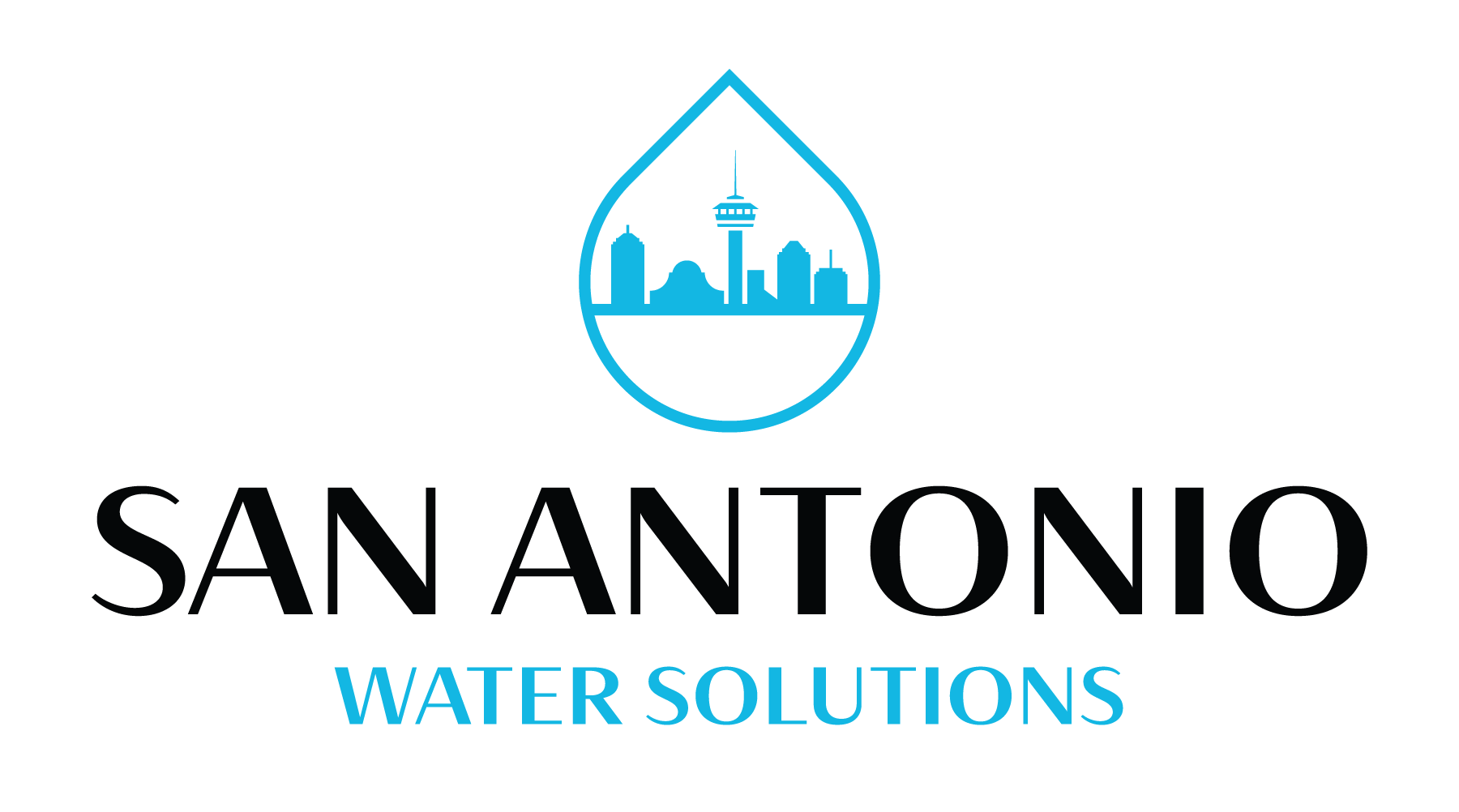Access to clean drinking water is essential for our survival, yet it remains a luxury for millions of people around the world. Despite living in an age of technological advancements and scientific progress, contaminated water still poses a significant threat to public health. Sadly, many individuals remain unaware of the dangers associated with consuming contaminated water and continue to be exposed to harmful contaminants that can cause serious illness.
Fortunately, modern technology offers us numerous ways of purifying contaminated water before consumption. One such method is through water filtration systems which are becoming increasingly popular due to their effectiveness at removing impurities from tap water at home or work settings.
The Impact of Contaminated Water on Human Health
The impact of contaminated water on human health can be severe and often results in both acute and chronic illnesses. Exposure to harmful contaminants such as bacteria, viruses, metals, chemicals, and pesticides through drinking water can cause a host of health issues ranging from stomach cramps and diarrhea to cancer. The health effects depend on the type and level of contamination along with the duration of exposure.
Contaminated water not only poses a risk to physical health, but it can also have an adverse effect on mental wellbeing. Anxiety and stress due to the uncertain safety of such water are common, particularly among marginalized communities who lack access to adequate clean drinking water. Unfortunately, this creates stark public health disparities that should be addressed with urgency.
The health and safety of our community is paramount, so it’s important that we take proactive steps to ensure safe access to drinking water. Installing effective filtration systems or using filtering solutions such as boiling water or UV lamps can dramatically reduce the risk associated with contaminated sources, improving the wellbeing of everyone in our society. Investing in these mechanisms not only helps guard against potential illness outbreaks but also saves money by promoting preventive interventions over reactive ones.
How Water Filtration Systems Can Help Prevent Waterborne Diseases
Water filtration systems are specially designed to remove contaminants and impurities from water that may cause various waterborne diseases. These systems can eliminate harmful pathogens, bacteria, viruses and parasites such as E.coli, Giardia and Cryptosporidium which can be dangerous for human health. With regular use of a water filtration system at home or in communities, people can be assured that the drinking water they consume is free from these harmful organisms.
Water filtration systems also help reduce exposure to other hazardous chemicals present in contaminated groundwater. Most municipal treatment plants do not have the capacity to purify all types of contaminants including heavy metals like lead and mercury. However, with advanced filtration technology such as reverse osmosis or activated carbon filters that are embedded in many filtering devices consumers can effectively mitigate these risks by reducing their concentration levels.
The Environmental Benefits of Reducing Plastic Waste
Reducing plastic waste is one of the best ways to protect the environment and improve our overall health. Plastic takes hundreds of years to decompose, which means it stays in our landfills, oceans or ends up getting ingested by animals. This leads to a variety of negative impacts on ecosystems that rely on clean water, air quality and healthy soil for their survival.
By reducing plastic waste, we can conserve natural resources such as oil and gas that are used in the production of plastics. We can also reduce greenhouse gas emissions since plastic manufacturing releases a significant amount of carbon dioxide into the atmosphere. Additionally, by using reusable bags or containers instead of disposable ones like bottles or straws we can ultimately reduce harmful pollution from entering rivers, lakes and oceans.
By reducing plastic waste, we are not only limiting pollution and preserving natural resources such as fossil fuels, but we are also protecting our planet from the harmful effects of climate change. Additionally, this effort helps foster healthier habitats for wildlife populations to flourish in a cleaner ecosystem!
Conclusion
It is indisputable that water filtration plays an essential role in preserving our well-being. Consuming polluted water can lead to severe medical issues including gastrointestinal ailments, skin concerns and even life-threatening diseases like cholera. Investing in a trusty water filter system is paramount for guarding good health and avoiding sickness due to contaminated drinking water.


Recent Comments